
Everything’s Becoming a Subscription, and the Pandemic Is Partly to Blame
Delivery services, socks, razors, gyms, streaming services, and even restaurants and car washes. Some Americans are now signed up for 10 or more. It’s bringing convenience – and a lot of monthly fees.
Recommendation
In the midst of the COVID-19 pandemic, homebound people subscribed to everything from Netflix to food delivery services. As Heather Long and Andrew Van Dam report in The Washington Post, the beleaguered service industry joined in, offering subscriptions to restaurants and hotels. The pandemic didn’t create the subscription economy. It started well before and will continue to grow in the post-pandemic world. Despite the convenience, Long and Van Dam warn, subscriptions have downsides, such as encouraging overspending and underlining divisions between haves and have-nots.
Summary
About the Authors
Economics correspondent Heather Long was a senior economics reporter at CNN. Andrew Van Dam covers data and economics for The Washington Post, as he did for The Wall Street Journal.










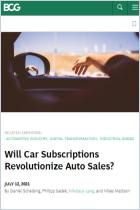
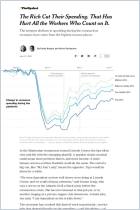
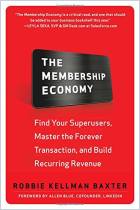
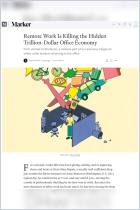
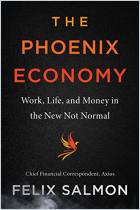
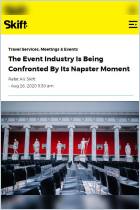


Comment on this summary or Diskussion beginnen